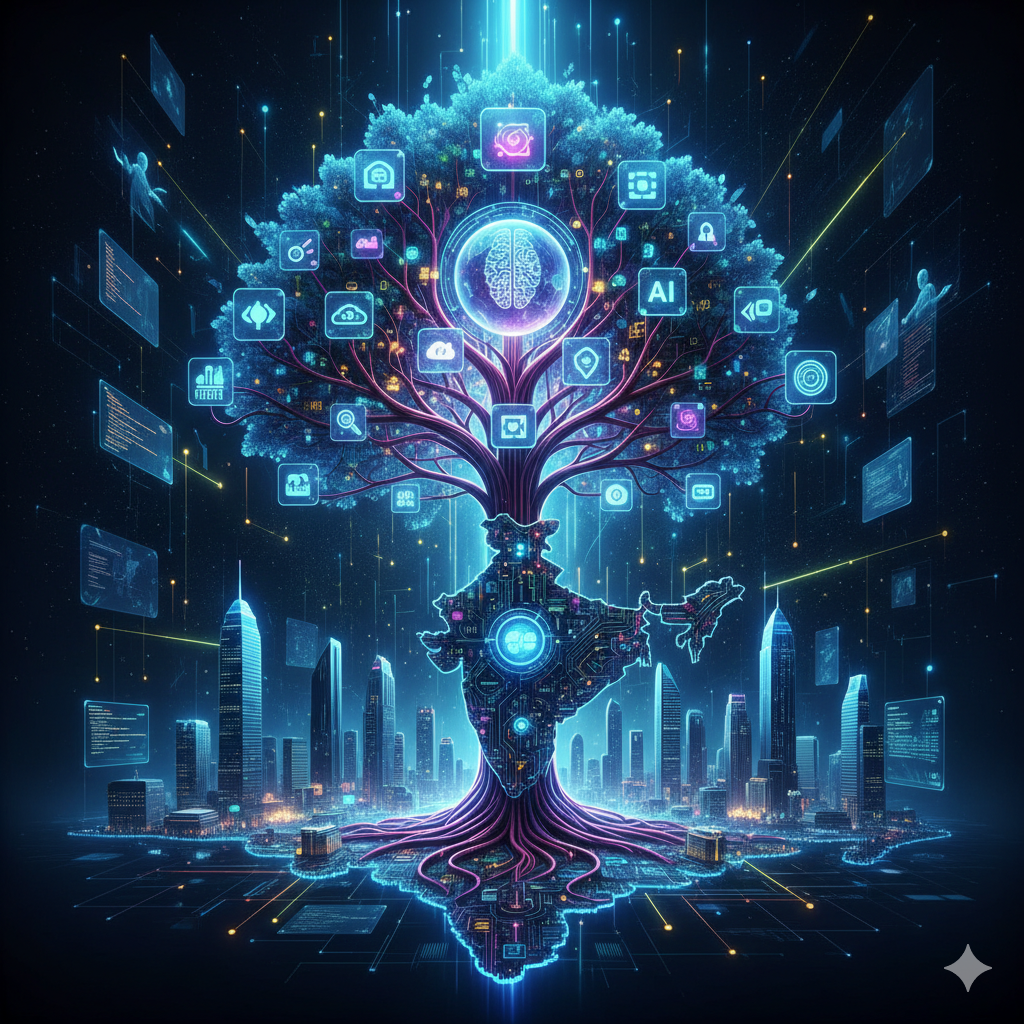Introduction
The digital revolution has significantly transformed the way we access and consume knowledge. Traditional libraries, once the primary source of information, have evolved into e-libraries, providing instant access to vast collections of digital books, research papers, journals, and multimedia content. Complementing this transformation are open-source knowledge platforms, which make educational and scholarly resources freely available to users worldwide. These innovations are bridging the knowledge gap, democratizing education, and fostering a culture of lifelong learning.
This article explores the role of e-libraries and open-source knowledge platforms, their benefits, challenges, and the future of digital knowledge sharing.
Understanding E-Libraries
What Are E-Libraries?
E-libraries, or digital libraries, are online repositories that store, organize, and distribute digital content, including books, research papers, academic journals, and multimedia learning materials. These platforms allow users to access vast amounts of information anytime and anywhere, overcoming geographical and financial barriers associated with traditional libraries.
Key Features of E-Libraries
- Remote Accessibility – Users can access digital content from anywhere using an internet connection.
- Advanced Search Capabilities – AI-powered search engines enable efficient content discovery.
- Multimedia Integration – E-libraries support various content formats, including e-books, audiobooks, videos, and interactive learning materials.
- Cloud-Based Storage – Digital libraries store content securely in the cloud, ensuring seamless access and data protection.
- User-Friendly Interfaces – Intuitive platforms make it easy to browse, bookmark, and annotate resources.
Examples of Popular E-Libraries
- Project Gutenberg – Offers over 60,000 free e-books, including classic literature.
- Google Books – Provides previews and access to millions of digitized books.
- Open Library – A universal digital library with millions of freely available books.
- PubMed Central – A free digital repository of biomedical and life sciences literature.
- JSTOR – Provides access to scholarly articles and books across multiple disciplines.
The Rise of Open-Source Knowledge Platforms
What Are Open-Source Knowledge Platforms?
Open-source knowledge platforms are digital repositories that provide free and unrestricted access to educational materials, research papers, software, and collaborative learning resources. These platforms operate on the principles of open access, enabling users to contribute, modify, and share content freely.
Key Features of Open-Source Knowledge Platforms
- Free and Open Access – Users can access educational resources without paywalls or subscription fees.
- Collaborative Learning – Platforms encourage knowledge sharing and peer collaboration.
- Diverse Content Formats – Includes text, videos, interactive courses, coding repositories, and research papers.
- Customization and Contribution – Users can modify and improve content, promoting continuous knowledge expansion.
- Integration with Learning Management Systems (LMS) – Many open-source platforms integrate with LMS for seamless learning experiences.
Examples of Open-Source Knowledge Platforms
- Wikipedia – The world’s largest open-source encyclopedia.
- Khan Academy – Provides free courses on various subjects, including mathematics, science, and humanities.
- Coursera (Free Courses Section) – Offers access to selected courses from top universities.
- MIT OpenCourseWare – Provides free course materials from the Massachusetts Institute of Technology.
- arXiv – An open-access repository for research papers in physics, mathematics, and computer science.
- GitHub – A leading platform for open-source software development and collaboration.
Benefits of E-Libraries and Open-Source Knowledge Platforms

1. Democratization of Knowledge
E-libraries and open-source platforms break down financial, geographical, and institutional barriers, allowing anyone with internet access to benefit from high-quality learning materials.
2. Cost-Effective Education
Traditional textbooks and academic resources are expensive. Open-source platforms provide free or low-cost alternatives, making quality education accessible to students worldwide.
3. Lifelong Learning and Skill Development
Professionals, researchers, and students can continuously upgrade their knowledge through freely available resources. Platforms like Coursera and Khan Academy allow individuals to develop new skills and stay competitive in the job market.
4. Enhanced Research and Academic Collaboration
Open-access repositories facilitate global research collaboration by allowing scholars to share findings without subscription barriers. This accelerates innovation and knowledge dissemination.
5. Environmental Sustainability
Digital libraries reduce the demand for printed books, saving paper and contributing to environmental conservation. By minimizing the need for physical storage and distribution, they also lower carbon footprints.
6. Preservation of Knowledge
Digital archives ensure that historical documents, rare books, and research findings are preserved for future generations. Unlike physical books, digital resources are not prone to wear and tear.
7. Interactive and Engaging Learning
Many e-libraries and open-source platforms incorporate multimedia elements, quizzes, and discussion forums, making learning more interactive and engaging compared to traditional textbooks.
Challenges Facing E-Libraries and Open-Source Platforms
1. Digital Divide
Despite the growth of digital education, millions of people still lack internet access and digital literacy skills, limiting their ability to benefit from online knowledge platforms.
2. Quality Control and Misinformation
Open-source knowledge platforms allow user-generated content, which may sometimes lack credibility. Ensuring accuracy and reliability remains a challenge, especially on platforms like Wikipedia.
3. Copyright and Intellectual Property Issues
Digital libraries and open-source platforms must navigate complex copyright laws to provide access to materials without infringing on intellectual property rights.
4. Sustainability and Funding
Many open-source platforms rely on donations, grants, or institutional funding, which may not always be stable. Ensuring long-term sustainability is crucial for continued operation.
5. Digital Overload
With an overwhelming amount of digital content available, users may struggle to find relevant, high-quality materials. Advanced search algorithms and curation are necessary to enhance user experience.
The Future of Digital Knowledge Sharing

1. AI-Driven Knowledge Management
Artificial Intelligence (AI) will enhance search capabilities, personalized recommendations, and content curation, making digital libraries more efficient and user-friendly.
2. Blockchain for Academic Credibility
Blockchain technology could be used to verify academic credentials, ensuring the authenticity and traceability of educational achievements and research publications.
3. Expansion of Open Educational Resources (OER)
Governments and institutions are increasingly supporting Open Educational Resources (OER), leading to the creation of more freely accessible digital learning materials.
4. Hybrid Learning Models
The integration of e-libraries with physical libraries will create hybrid learning models, combining digital and traditional resources for a comprehensive learning experience.
5. Increased Accessibility Initiatives
Efforts to provide internet access in underserved areas, along with improvements in digital literacy programs, will help bridge the digital divide and expand the reach of e-learning.

Conclusion
E-libraries and open-source knowledge platforms are revolutionizing access to information, making education more inclusive, affordable, and interactive. While challenges such as digital accessibility, content credibility, and funding persist, ongoing technological advancements and policy initiatives will continue to enhance digital knowledge-sharing systems. By embracing these innovations, we can create a more equitable and knowledge-driven society, ensuring that learning remains a lifelong and universally accessible pursuit.




